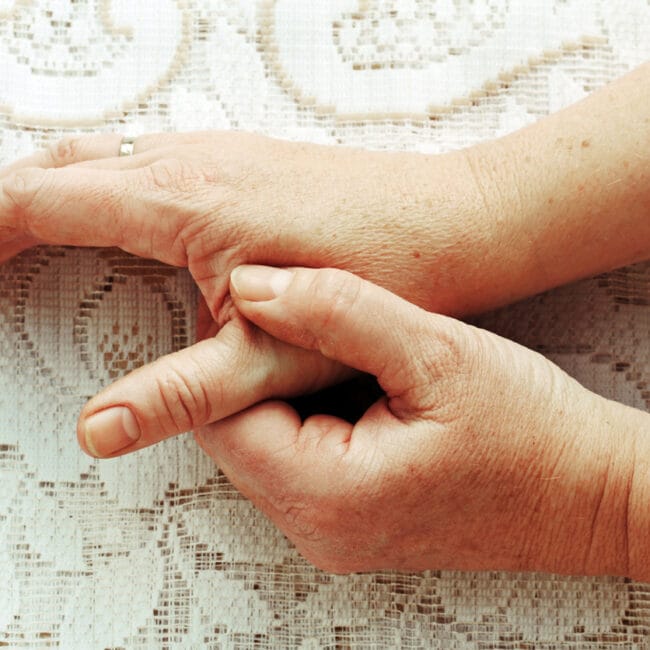With the weather improving and more people wanting to get out and get active, people are looking for new ways to exercise. With a huge increase in bootcamps popping up around the city there are many options for fun and quick ways to get fit. Unfortunately these high impact exercises can cause many problems for women, young and old, with a recent increase of continence issues seen by our Women’s Health Chartered Physiotherapists at The Physio Company / Spectrum Physio.
Female incontinence is often associated with the older population or those who have given birth, however it can also occur in very healthy young women. More than a quarter of a million women in Ireland of all ages experience urinary incontinence at some point in their lives. Danielle Mah, Chartered Physiotherapist specialising in Women’s health at The Physio Company explains ‘women who are extremely fit and engage in activity at a very high level of impact can encounter problems. These women may encounter problems due to the impact forces of their activity if they have a weak pelvic floor, predisposing them to continence or prolapse issues. Symptoms that occur in these cases can range from leaks occurring with jumping or running, or a pressure or dragging sensation in the pelvic region which could potentially indicated a prolapse.’
Although men suffer from incontinence too, it is twice as common in women as men. After child birth it can affect up to 1 in 3 women in Ireland. Urine leakage is more common in older women, but Danielle assures that doesn’t mean it has to be a natural part of ageing. ‘Women often leak urine when they are pregnant, after having given birth, or after have gone through menopause. As these are the most commonly spoken causes of incontinence, most people are unaware that it may also occur in young people and that you don’t have to live with it. There are simple ways to do something about it and regain your bladder control’. Chartered Physiotherapists play a central role in treating incontinence. The solution remains in training muscles of the pelvic floor that help to prevent and solve these issues.
Many young women who suffer from incontinence feel too embarrassed to treat it. Danielle Mah assures there is nothing to be embarrassed about, ‘Often women are embarrassed or uncomfortable to seek medical treatment for incontinence, particularly younger women who hope it will just go away. As the leakage may occur only when exercising often women will ignore it, stop exercising and live with it for years before finally seeking treatment. However, if left untreated it may lead to more severe incontinence later in life. In most cases treatment is very simple and it is a case of retraining pelvic floor muscles to prevent leakage occurring and changing some lifestyle habits. Understanding why it happens is the key to correcting it.’
Although it is a highly personal matter, if you’re one of the many women who experience bladder control problems, don’t let embarrassment keep you from getting the help you need. Leaking urine, having to urinate frequently and experiencing other symptoms of urinary incontinence are not just trivial consequences of childbirth or a natural part of aging. Strong, fit, young women who have trouble with high impact and high intensity training, do not have to stop what they enjoy to keep fit. Incontinence is not a disease; it is a medical problem that a Chartered Physiotherapist who specialises in the area of women’s health can help with.
For more information on our Women’s Health services click here










